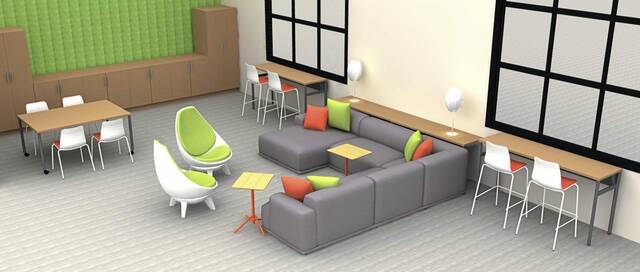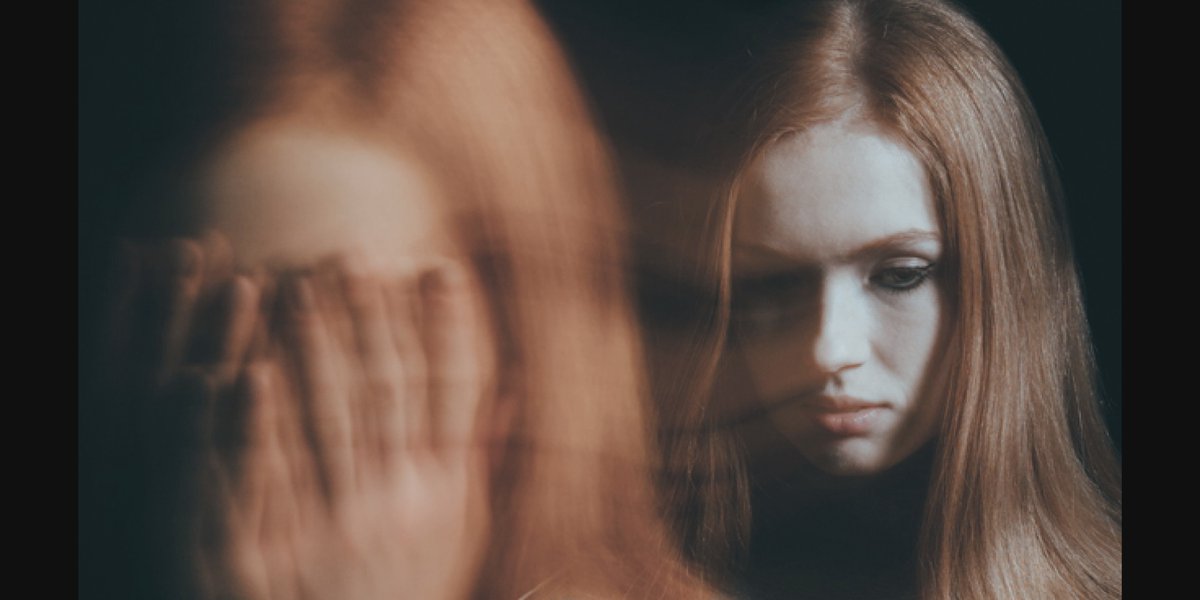[ad_1]
A former bowling alley in Squirrel Hill is about half a year away from becoming the first physical location for UpStreet, an entity providing mental health services for Pittsburgh area teens and young adults (ages 12-22).
In the U.S., 20% of young adults struggle with their mental health, according to the Centers for Disease Control and Prevention. And suicide is their second leading cause of death, according to the National Institute of Mental Health.
Saying “our youth are in crisis,” Jewish Family and Community Services (JFCS) launched UpStreet (www.upstreetpgh.org) in October 2020 as a virtual way for young people to gain access to free mental health services.
Erin Barr, clinical coordinator for UpStreet, said mental health professionals are not surprised by what they are seeing.
“We were noticing an increase in the need for therapy services. And then you put all of the stress and isolation that came with the pandemic on top of that, and it just sort of brought everything above the surface,” Barr said. “The problem is pressure to be successful in high school and college and what you’re going to do with your life after that.
“Social media adds a lot of pressure and comparing themselves to other people all of the time. And then you have a kid who may or may not already be struggling with depression and anxiety, and all of those pressures balloon that into something much bigger.”
Over the past two years, Jewish Family and Community Services says hundreds of young adults and their parents have received online support, helping teens reduce anxiety, deal with stress and prevent problems from becoming a crisis.
However, Barr believes a clinical setting is important.
Last week ground was broken for an UpStreet location in Squirrel Hill at the former Forward Lanes building at 5844 Forward Ave., just down the street from Taylor Allderdice High School. Artists renderings of the new space depict an ultra-modern and colorful area with large sofas and throw pillows, chairs and desks.
Plans call for the space to open next summer.
“You can’t replace being in the same room with somebody and feeling that physical connection,” Barr said. “And from a therapist’s perspective, it’s a lot about body language and reading facial cues and seeing how they are sitting when they come in. This gives us an opportunity to get to know them better. You can see things in person that you can’t see as well on a video call.”
Barr said students don’t need to schedule an appointment, they don’t need insurance and they don’t need to pay for it.
“So, hopefully we’ll be utilized a lot by the students who are struggling and who don’t feel ready to go home yet. We’re trying to make it feel like a place where a kid would want to come.”
Barr said virtual services will still be available because they reach kids that won’t be able to get to Squirrel Hill. They have many therapy clients that live in Westmoreland, Butler, Beaver and Fayette counties.
[ad_2]
Source link

